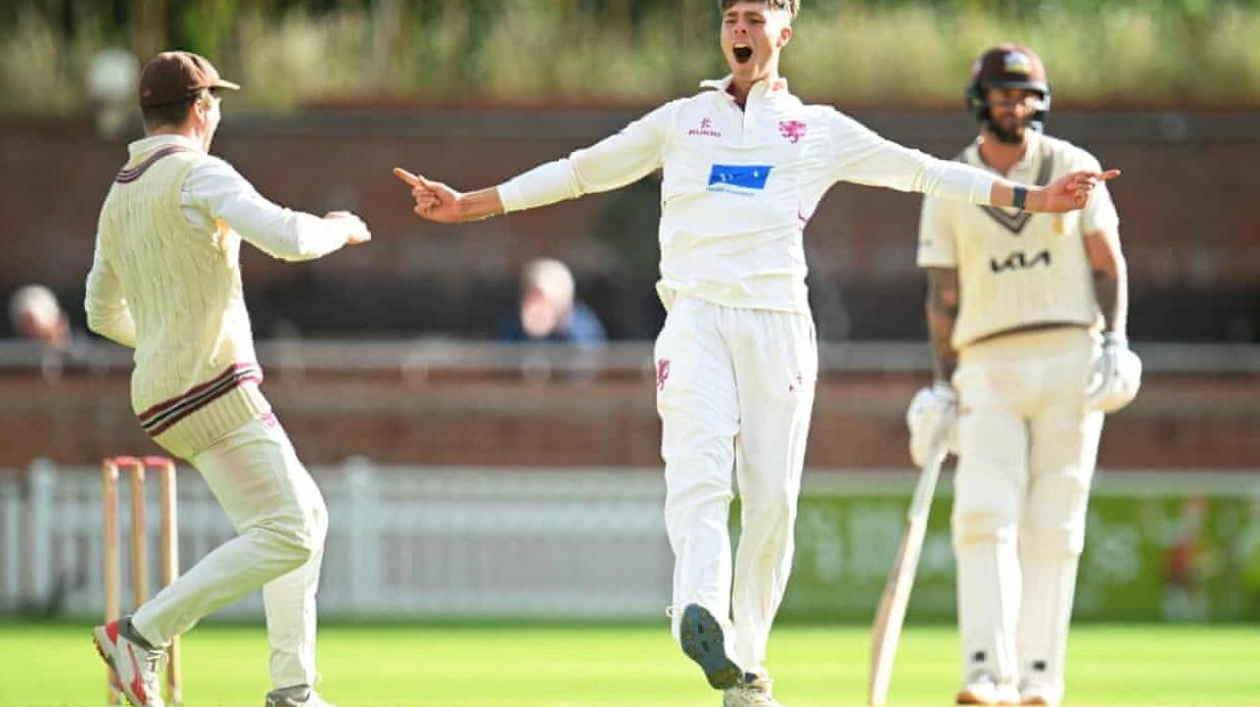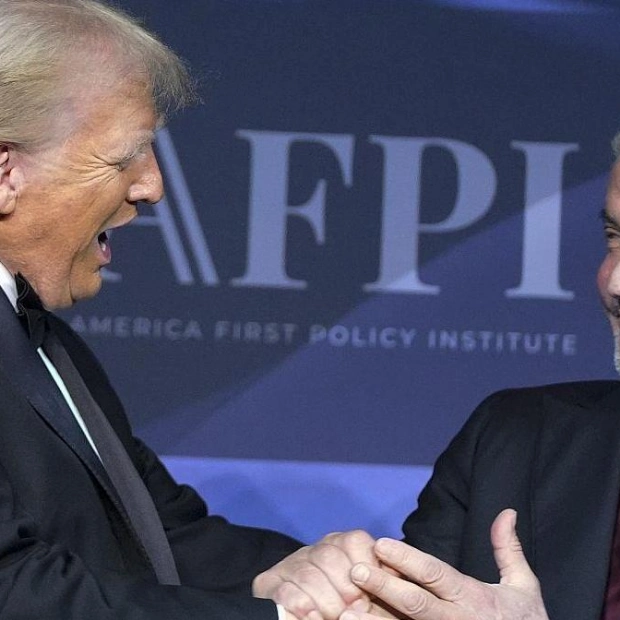I once stood where you are now, fully aware of the challenges that come with it. To remain composed when you’ve just taken 11 wickets against Surrey in the County Championship at the tender age of 18 is no small feat. Find your footing, settle in, and score 88 in the Metro Bank Trophy. At just 16, it’s not your fault; this journey has a long way to go.
(*Key Change*) Oh, how can I describe what it’s like to be a hero of the 2005 Ashes? Look at me now, older but still here, serving as the incoming England Men’s Lions Head Coach. And him? He’s a vocal newspaper columnist and summariser on Test Match Special, known for his puzzling love of hashtags. Yes, we both led England on the field. And yes, we still wield significant influence off it. Does this make you a cricketing nepo baby? Likely. But what’s new?
Fathers and sons, daughters and uncles, brothers, sisters, cousins, grandparents. Cricket, more than many sports, relies on teaching and learning, on passing down traditions. An appreciation for the game often flows through bloodlines, meaning talent and skill are too. Look at the family tree of English cricket, and you’ll see familiar names sprouting from its roots and branches. There are the Graces, Greigs, and Gunns, the Comptons, Cowdreys, and Currans, the Huttons, Hearnes, Haddelsays, and Hollioakes. Here are the Butchers and Stewarts, over there the Alis, Sidebottoms, and Willeys. And look—here come the Flintoffs and Vaughans.
The recent days of the English domestic season saw Surrey’s “Vitalitymen” secure their third County Championship title, with Somerset’s windmilling arms held back by a firm hand. Surrey’s dominance and Somerset’s perennial bridesmaid role were the main on-field narratives, while the usual existential crises and proposed solutions swirled off it. Yet, fittingly for our times, a nostalgic subplot unfolded. Behold the offspring of 2005.
Perhaps you saw a clip on social media in April. That pull shot? Replay it. The slight head movement just before contact. Do you see? And there—that casual swing of the arms and the long-legged stroll down the pitch, all while checking how far the ball has flown. Go on, replay that. That’s Rocky Flintoff, son of Andrew. At just 16, “Freddie’s lad” has made quite an impression this season. In April, he scored 116 for Lancashire second XI against Warwickshire seconds at Edgbaston. It was only his third game. A week earlier, he scored 50 against Durham at Old Trafford.
In making that century, Rocky broke his dad’s 30-year-old record as the youngest century-maker for Lancashire’s second XI. A few weeks later, he became England U19s’ youngest ever centurion by scoring a remarkably assured 106 against Sri Lanka at Cheltenham. The obvious talent and the famous name have led to excited whispers, feel-good sidebars in newspapers, magazines, and websites, and “seen this?” messages on WhatsApp groups.
In late July, at just 16 years and 113 days old, Flintoff became the youngest player to make a first-team debut for Lancashire in their 160-year history. A few matches later, he scored a swaggering 88 against Middlesex in the One Day Cup. (He was caught on the boundary by Middlesex’s Josh de Caires, son of Michael Atherton.) Twenty-four days after his first-team debut, Flintoff made his first-class debut for Lancashire against Surrey at the Oval, impressing with a 32 in an hour and 20 minutes of resistance against Surrey’s formidable bowling attack.
Eighteen-year-old Archie Vaughan had impressed against Surrey’s celebrated batting lineup just a week earlier. Son of Michael (“Vaughanie’s lad…”), Archie is an elegant and angular opening batter, much like his dad, and like his old man, he can turn his arm over. Archie’s off-breaks snared 11 Surrey wickets at Taunton, keeping Somerset’s title hopes alive with a thrilling 111-run victory, setting up a crucial penultimate fixture against, you guessed it, Lancashire.
Flintoff and Vaughan Jr faced off in the penultimate Championship round of the season last week. Flintoff’s Lancashire emerged victorious, extinguishing Somerset’s title hopes, but young Vaughan impressed most in the battle of the 2005 bairns, scoring a mature 68 at the top of the order in the second innings.
What can we make of all this? It would take a cold heart not to be swept up. Both youngsters are clearly extremely talented and have undoubtedly worked hard to reach their current positions. On the flip side, some may inevitably point to the influence of their fathers and the privileged opportunities they’ve been afforded—private schooling, a name, and a ready-made network within the game. Perhaps this piece should have been dedicated to 16-year-old James Minto at Durham, the state school kid from a village north of Stockton-on-Tees with no cricketing bloodline, who has just become the youngest player to represent Durham in first-class cricket and the second-youngest bowler since the second world war to take a first-class wicket. Why not dedicate some verbose paragraphs to the 87mph bouncer that Minto clanged into Rory Burns’ helmet at the Oval last week and the youthful relish he clearly had for the whole contest?
Both opinions can be true. Sport thrives on its stories, and cricket is no different. There’s room in the game for both the bolters and the bequeathed. This year’s domestic season has allowed both to flourish.






